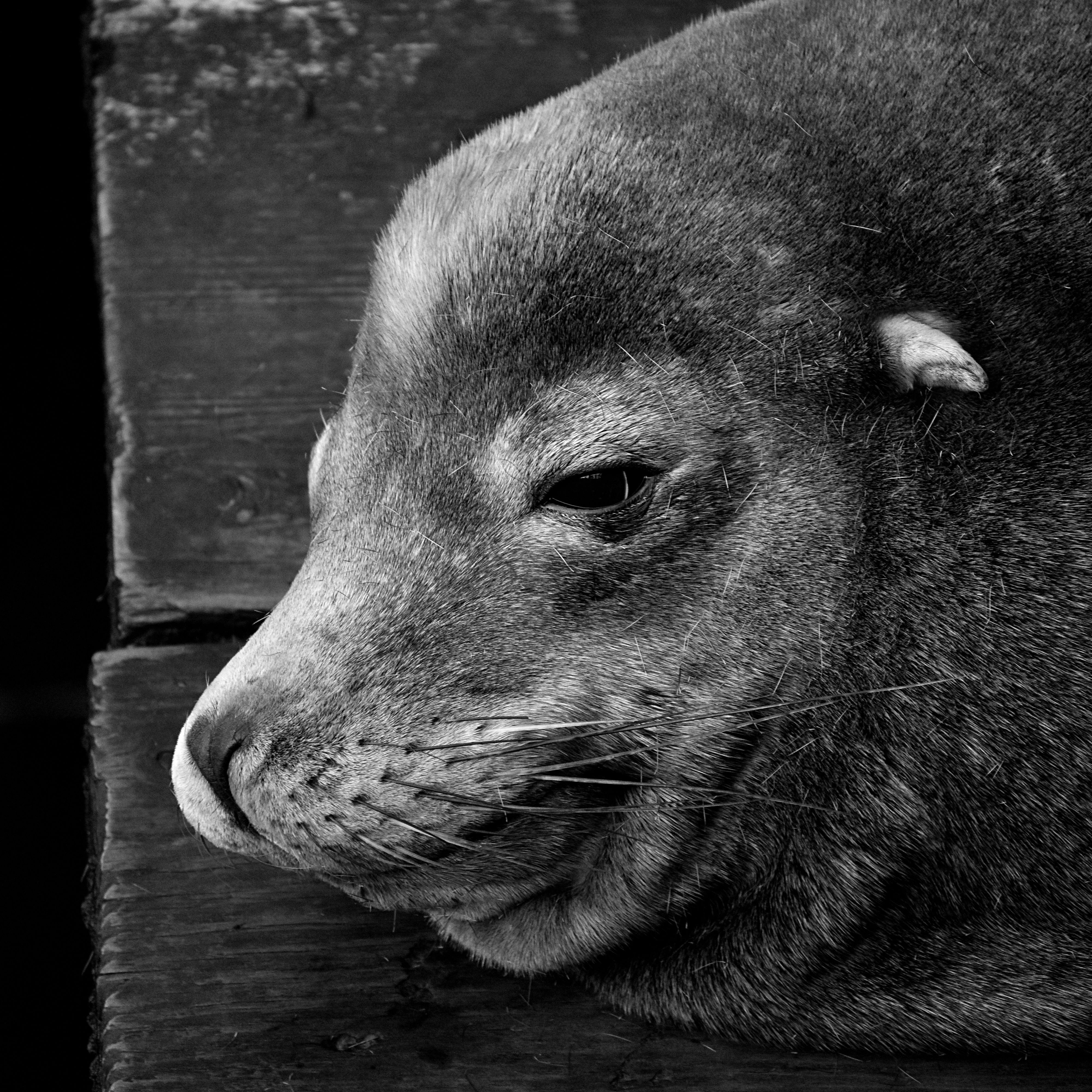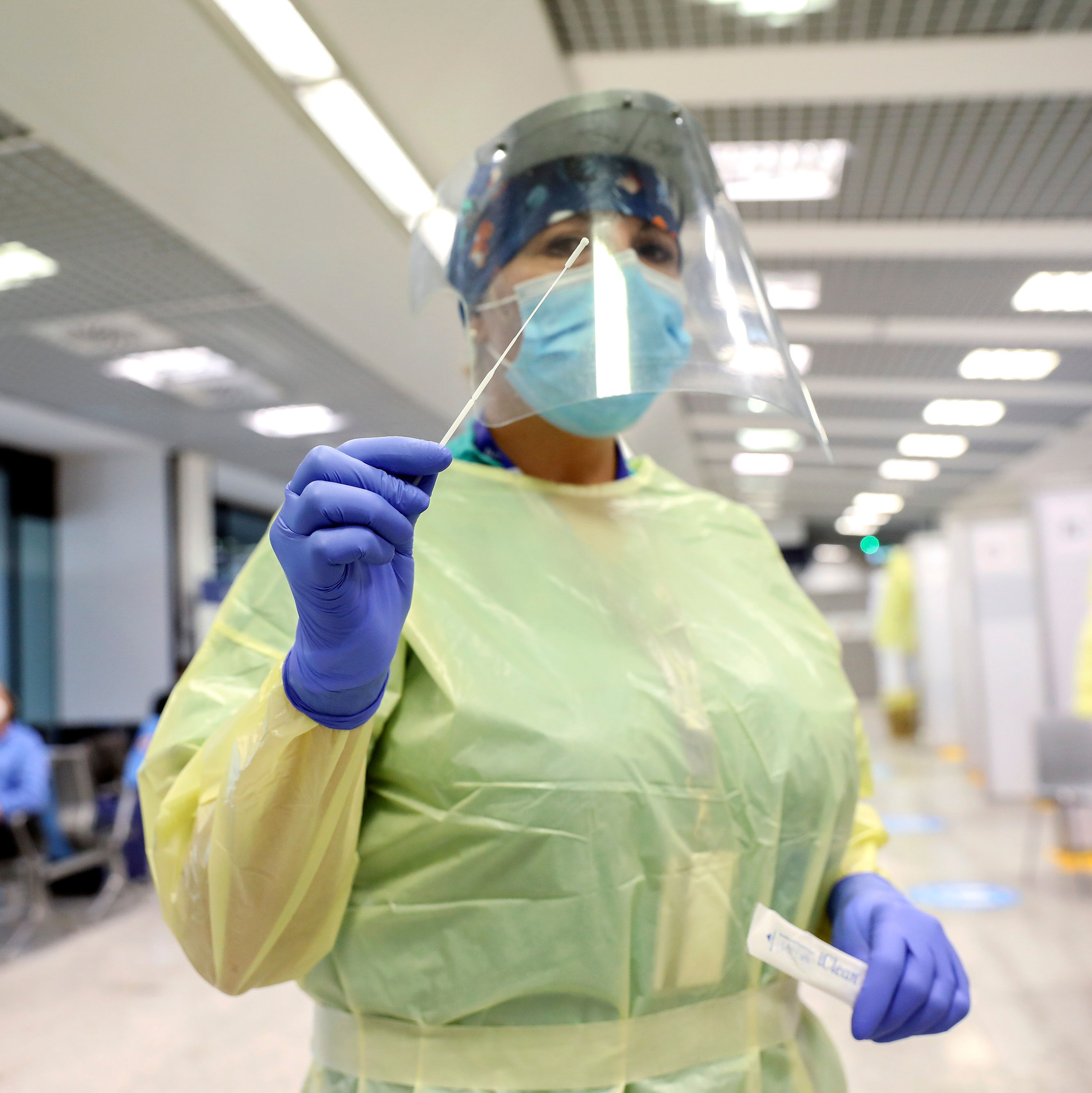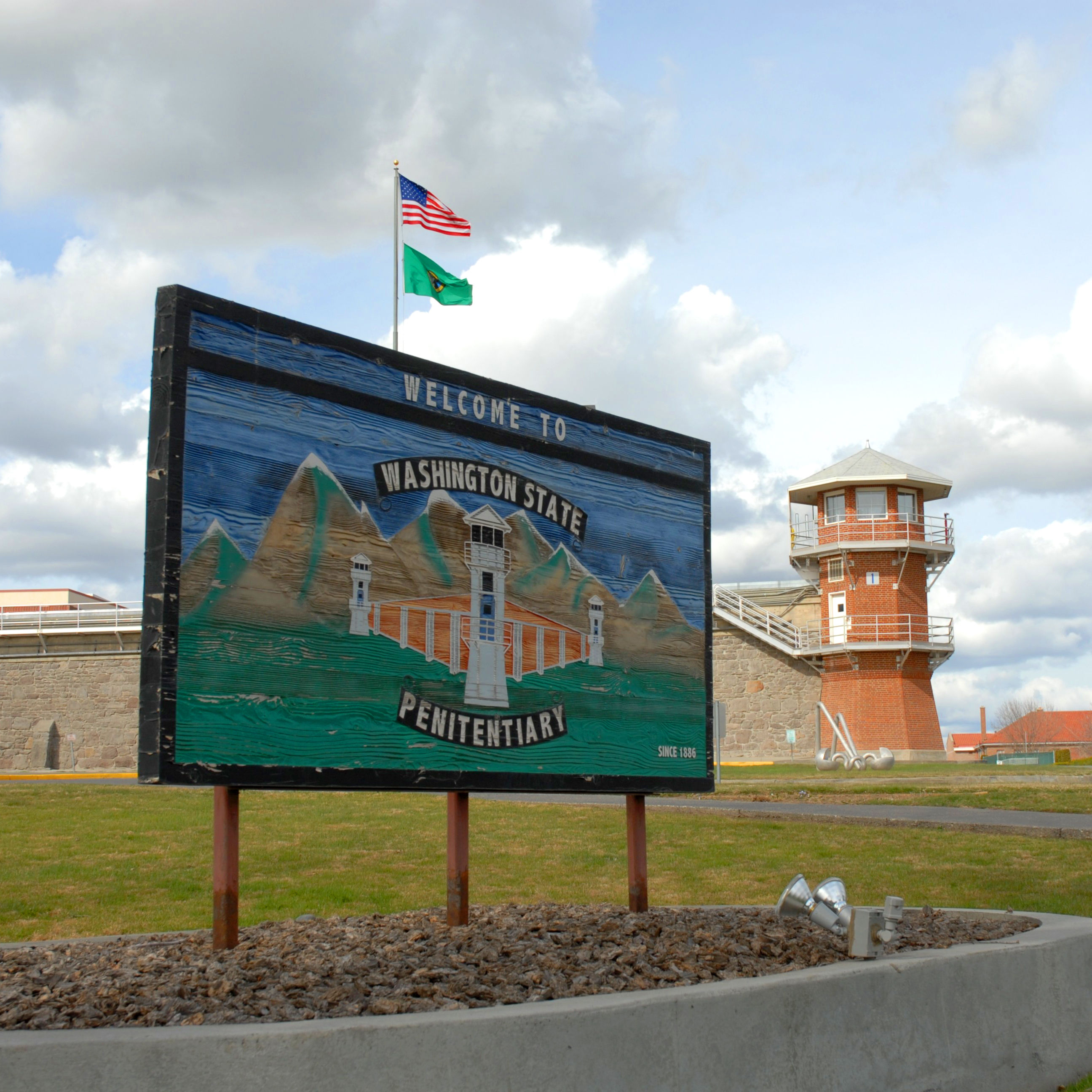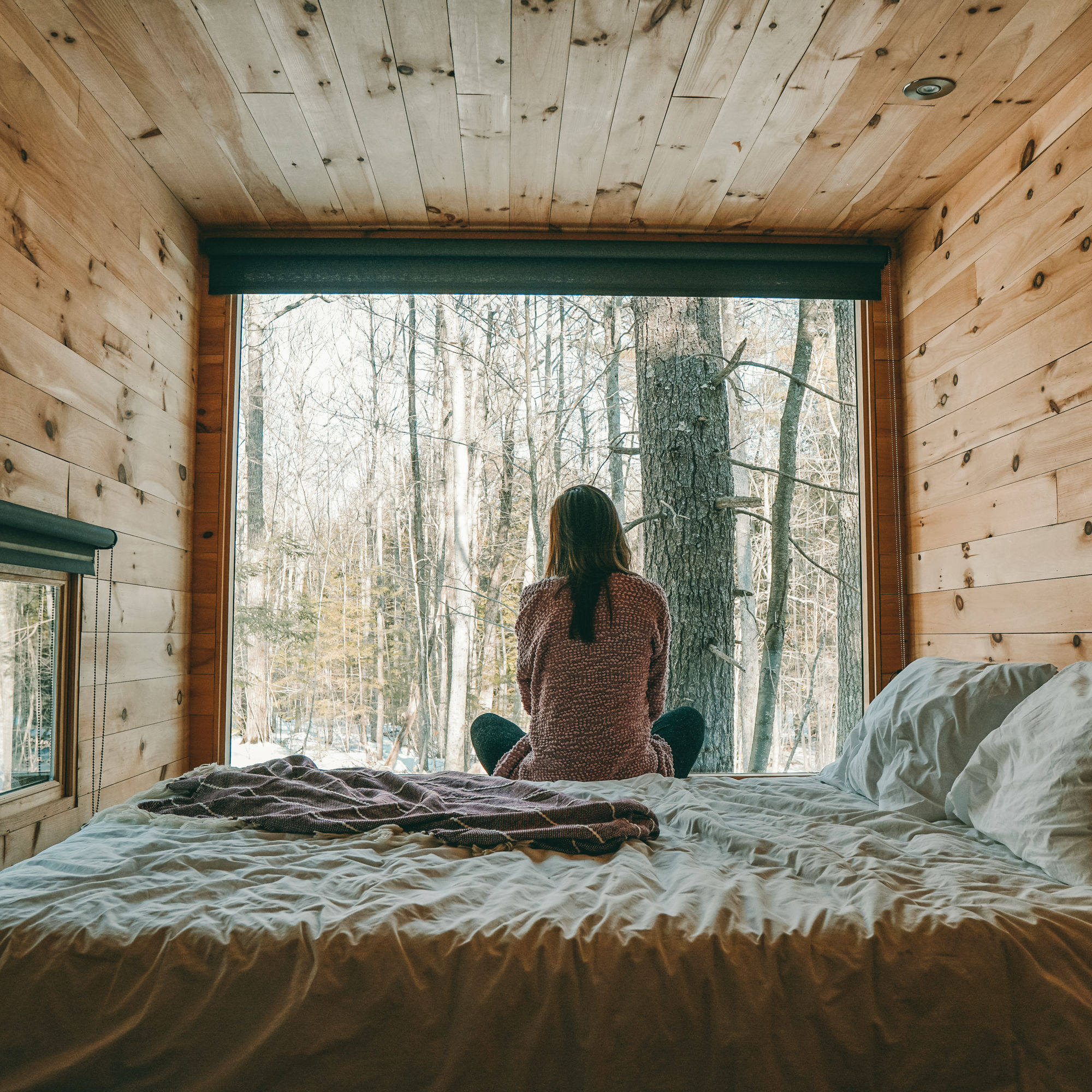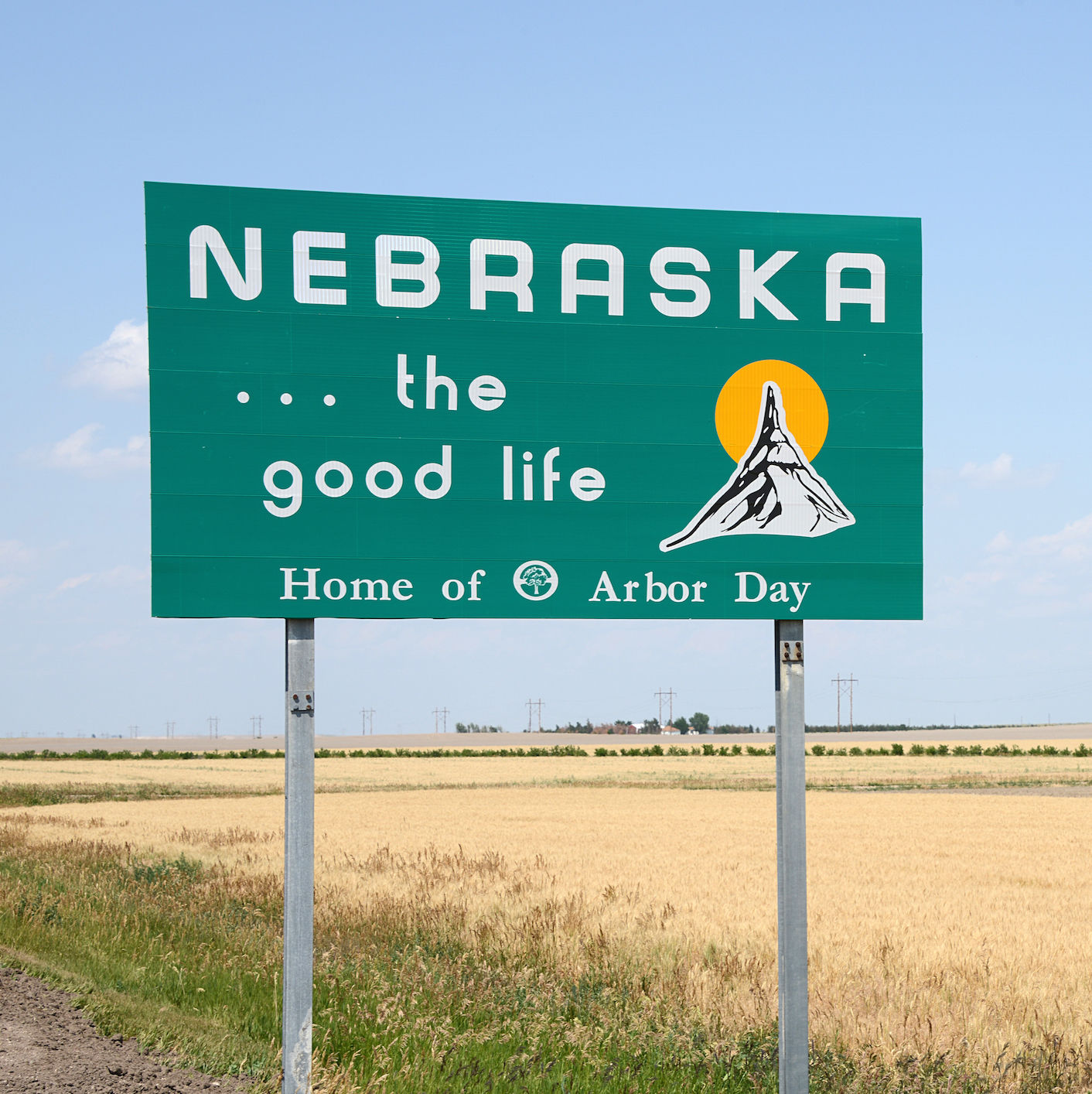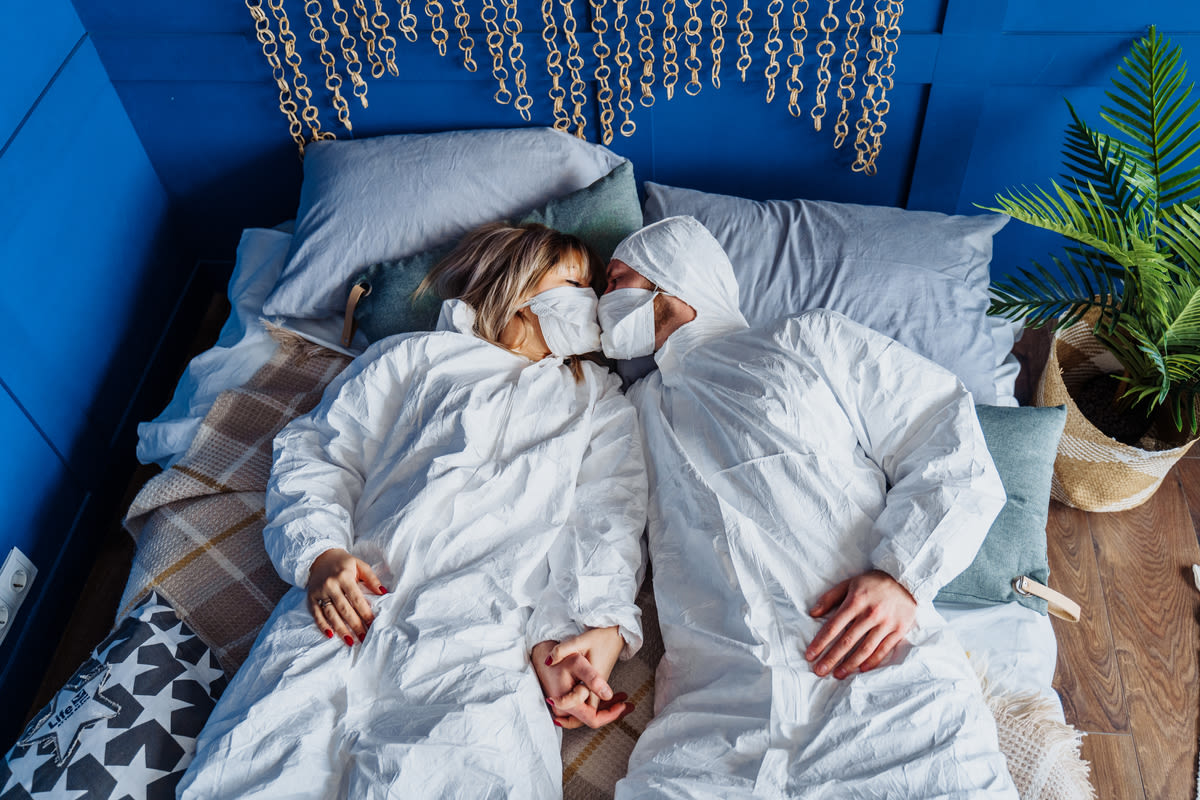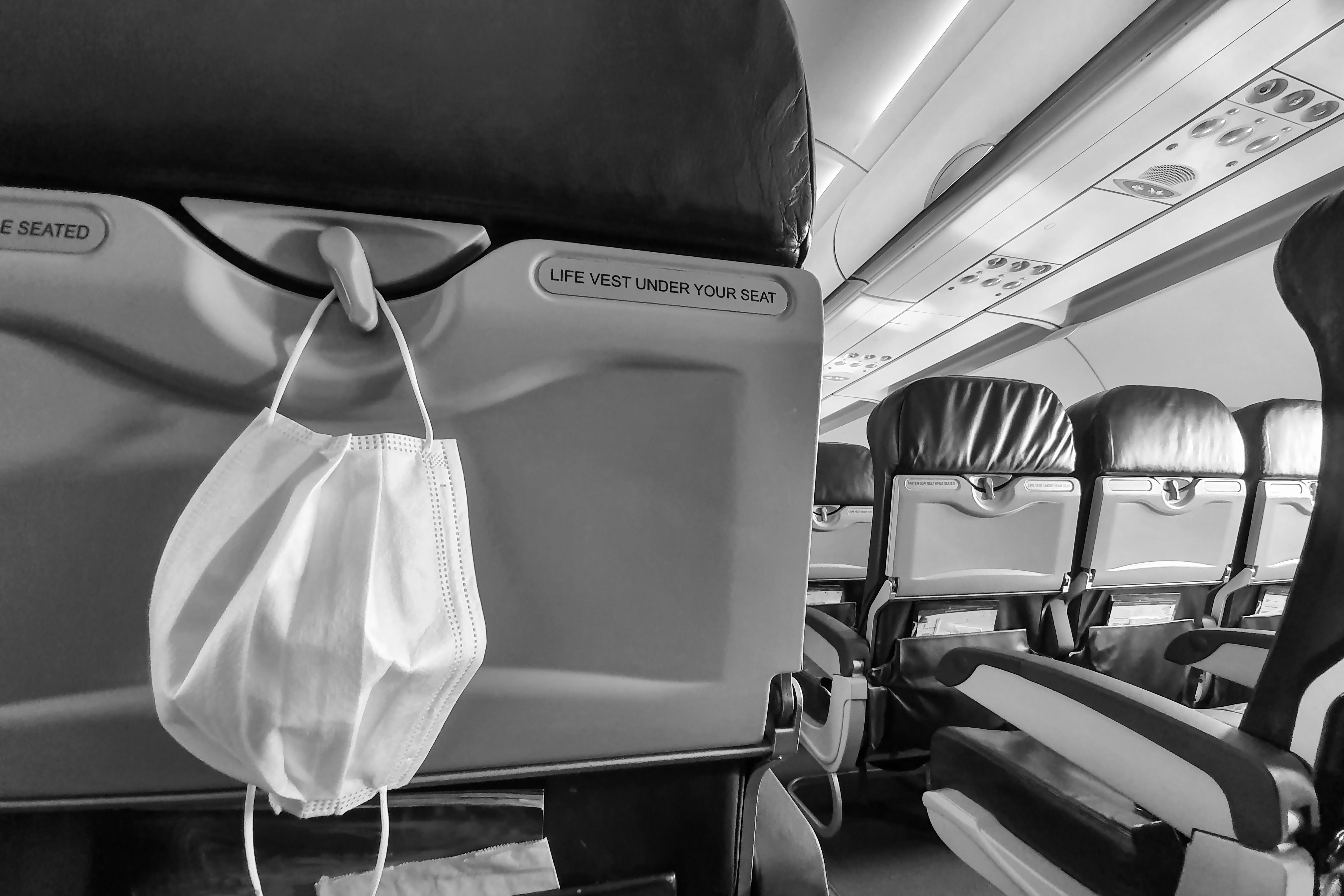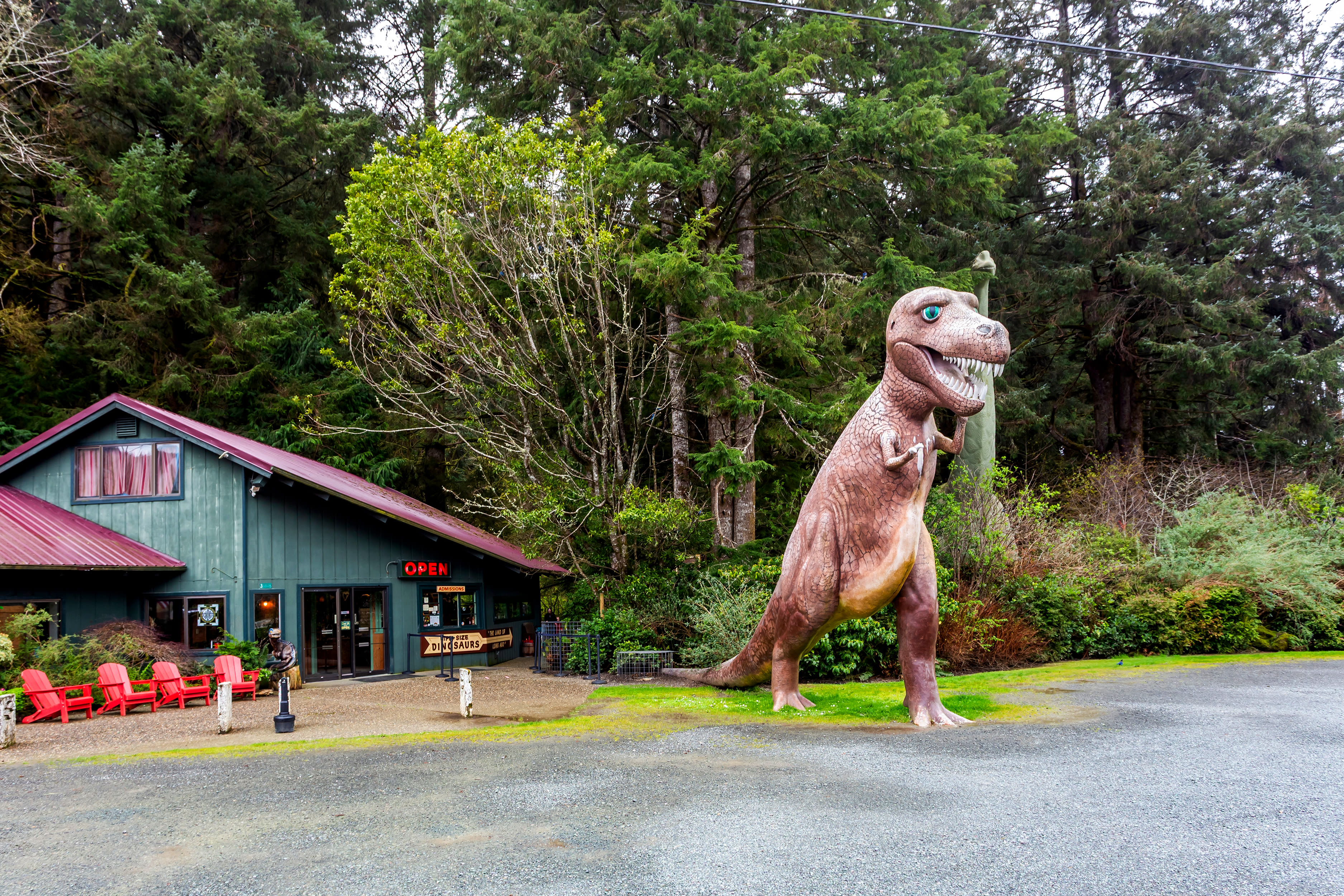Pandemic Travel: A Dreamy Weekend in Astoria
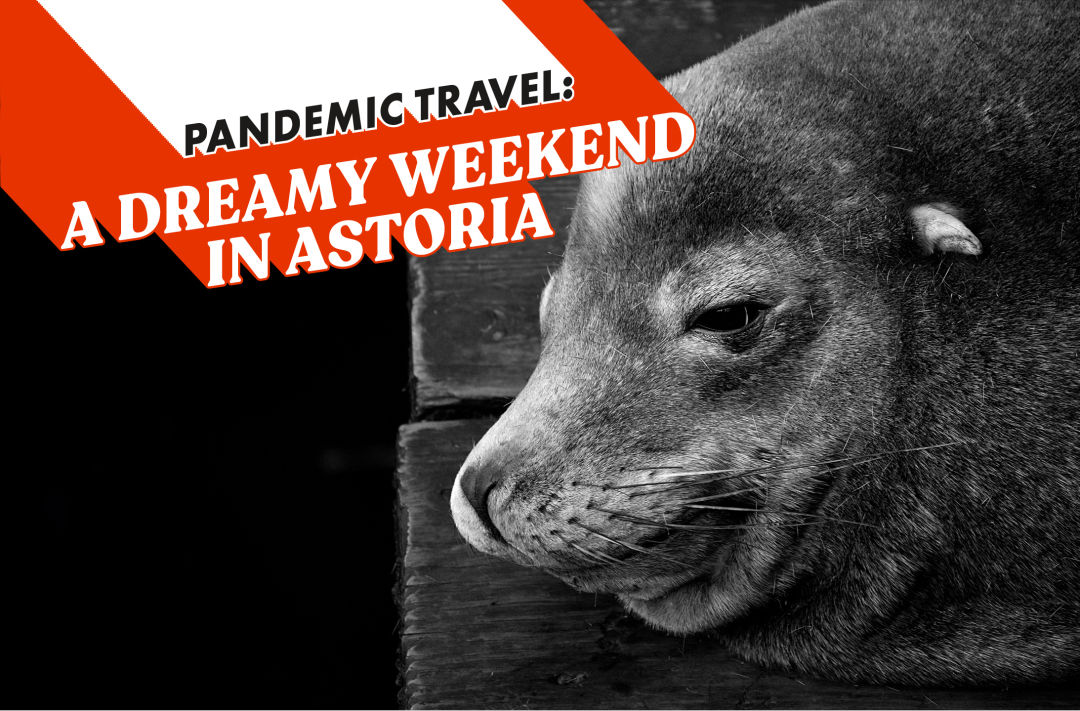
We all have our own risk tolerance levels nowadays when it comes to leaving the house, whether it’s to exercise, get groceries, visit the dentist, see loved ones, or get to work. It’s no different when it comes to getting the heck out of town. Some of us have been weekending in Vegas. Others haven’t left their zip code since March. And a lot of us fall somewhere in between, including regular Portland Monthly contributor Jordan Michelman, who’s been to Astoria so many times he has a favorite hotel room.
We hadn’t left the house in three months.
All right, that’s perhaps a tad overstated. I was leaving once a week to grab groceries, and once a month stopping to pick up socially distanced bottles of wine. But other than that, life in the spring and early summer of 2020 had become a recurring homebound monotony for me and my little family. My day job as the publisher of a network of coffee and wine websites usually entails regular travel, roughly one week a month on average spent in Los Angeles or New York or somewhere farther afield. When the first lockdown hit back in March, it coincided with a previously scheduled two-week work-and-fun trip to London, happily timed to include a range of activities for my wife’s 30th birthday. My email inbox became a ghoul’s litany of cancellations and suspended bookings.
Days passed, then weeks. Something had to give.
“Do you think it’s all right to go to a hotel?” We talked through all the permutations of risk late into the July evening, the sun yawning through its later bedtime, as the baby slept down the hall. At 3 1/2 going on 13 she isn’t really a baby anymore, but such is life; explaining the pandemic, the lockdown, and a dramatic change in lifestyle to a 3-year-old was one of this year’s unexpected pressures.
It would probably be alright to go to a hotel, we figured. We’ll gas up the car beforehand, wipe everything down, and then just sort of float our little bubble 90 miles northeast to Astoria, at the mouth of the Columbia River, a drinking town with a fishing problem in which we’d celebrated many previous birthdays, anniversaries, and breaks from Portland city life. My favorite time of year in Astoria is January through March, when the city is at its rainiest and most private, away from the summer throngs of cruise ship tourists and road-trippers. Certainly cruise ship traffic was down this summer, but Portlanders were headed out to the coast on weekends in historic droves, decamping to the beach in search of clean, free-flowing air and a blip of seaside normalcy.
I love Astoria because there’s precisely nothing to do, which I mean in the most complimentary way possible. The pace of life is slower, and there aren’t five new restaurants or 10 new bars to parse upon each visit. Instead, it is more or less the same bars, the same restaurants, the same little hotels, some of which are really pretty nice, and all of which allow one the opportunity to bathe in the coastal air and listen to the hooting honk of the sea lions (detested by locals, beloved by the Michelmans) and get away from it all, even in a year when “it all” meant a global pandemic, creeping fascism, and a city whose street fights and police brutality had by July become a regular fixture of nightly news broadcasts all around the world. (There is nothing, and I mean nothing stranger than speaking to a friend in some faraway place, and having them ask with genuine concern, “Is everything all right there?”—because the question itself is sobering, and there’s not really an easy answer.)
And so we did it. We gassed up the car, wiped everything down, floated our privileged little bubble out to Astoria, and worked ourselves through a strictly epidemiologically self-aware check-in protocol. I dashed in first to the front desk of the Hotel Elliott, the 96-year-old gem in the heart of downtown. I love staying here because it is exactly the same every time: the same little lobby, the same quiet bar, the same secret basement one can sneak off to for a glass of wine or a game of billiards. We stay in the same room every time—I won’t tell you which, because I am passionate about booking this very specific room, and do not desire additional competition in the future—the one with the huge bathtub and a view of the Astoria-Megler Bridge, which is terrifying to drive across but lovely to watch through the lens of a sunset. I checked in, sanitized my hands, ran back out to the car, grabbed all of our bags, schlepped them up the stairs (we decided it would be best to avoid elevators), wiped down the door handle of the room, went inside, and then wipe wipe wipe’d down nearly every surface of the room with a ballast of CleanSwipes.
Yes, I am aware the hotel cleans these rooms between guests. That’s not the point. The point is that there’s this thing out there now, this virus, and if one doesn’t take extra precautions along every step of the way, you might as well just stay home.
The room thoroughly abluted, I returned back outside to the car, and as a group we dashed through the lobby and up the stairs. Once safely in the suite, with a garbage tin pile of sanitizer wipes as evidence of my thorough, fatherly pre-care, only then could we begin the troubling work of relaxing for what felt like the first time in a hundred years.
Somehow it worked. I brought premixed martinis, which certainly helped, and later we opened a bottle of wine, which helped again. But the whole experience, once safely ensconced within the hotel, felt refreshingly and relievingly normal. The sun set over the bridge, as it always does. My daughter took four separate baths in the giant bathtub over the course of 24 hours, as she always does. The next morning I walked over to the really good coffee shop in town, Street 14, and ordered a couple of cappuccinos, as I have done every single time visiting Astoria for the last decade. One places one’s cappuccino order these days via iPhone, and is handed coffees through a plexiglass screen, but the owner was in, and we managed to have one of those equal parts tragic and comforting conversations across the public health barrier, craning our necks to hear one another. The café was hanging in there, happily, although this year relying heavily on local business as opposed to the usual cruise ship phalanx. “Things could be worse,” he told me.
After very carefully checking out of the Elliott, we decided we could very carefully go out for lunch, with our masks and our wipes and our kid on her best behavior. So we very carefully walked a few blocks toward the river, down to Buoy Beer, whose boat landing had been converted into outside seating. We munched on fish and chips and grilled cheese sandwiches, sipping lager and apple juice.
Beneath the pier upon which this brewery-restaurant sits there is a fat, happy colony of sea lions, coaxed into regular residency by a strategically placed bank of heat lamps. My kid loves sea lions. After lunch we walked along the side of the landing, to sneak a peek at the bulbous blubbery pinnipeds. Joy! Delight! There must have been a dozen of them, flopped casually atop each other down below the peer, basking in the rays of the heat lamp, immune to the troubles of the world. My little daughter barked at the sea lions with all her might from behind a pink cotton kitty mask, and the sea lions barked back.
Things could be worse.
Jordan Michelman is a James Beard Award–winning journalist based in Portland. His writing has been published in the New York Times, T Magazine, the Los Angeles Times, Punch, Taste, South Sound Magazine, the Stranger, and elsewhere. He is a cofounder and editor at Sprudge, “the world’s most popular coffee publication.” jordanmichelman.com
This article is part of a series. Do you want to share your own pandemic travel story? Email [email protected]




